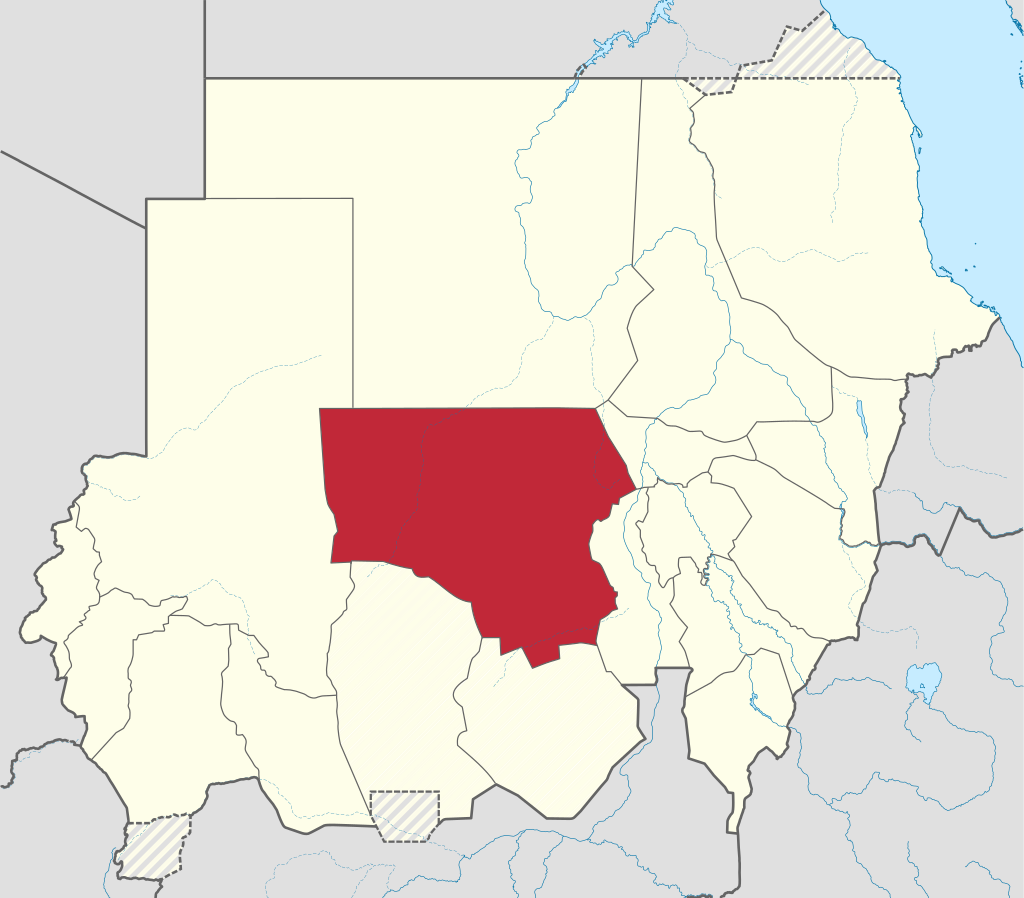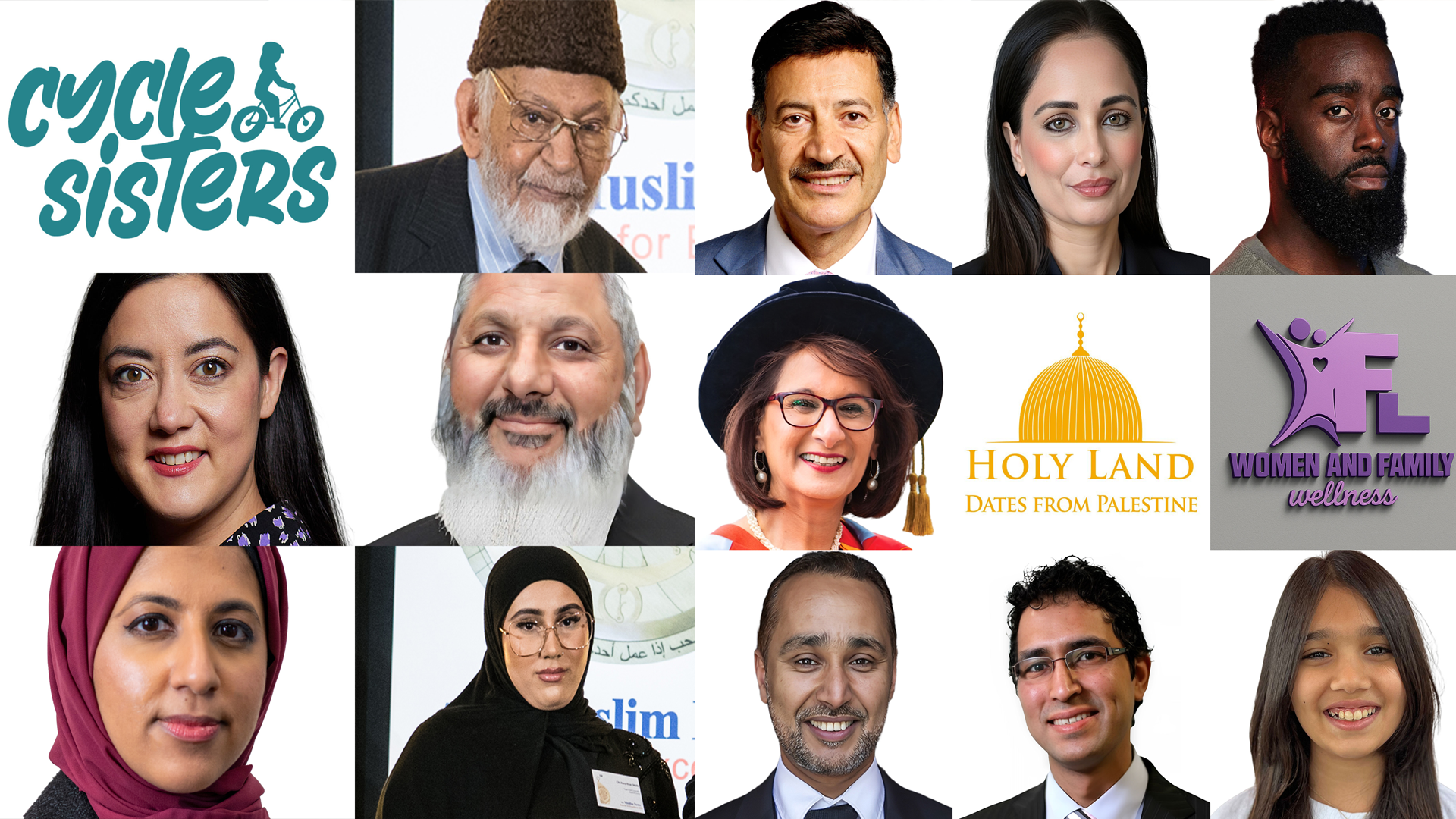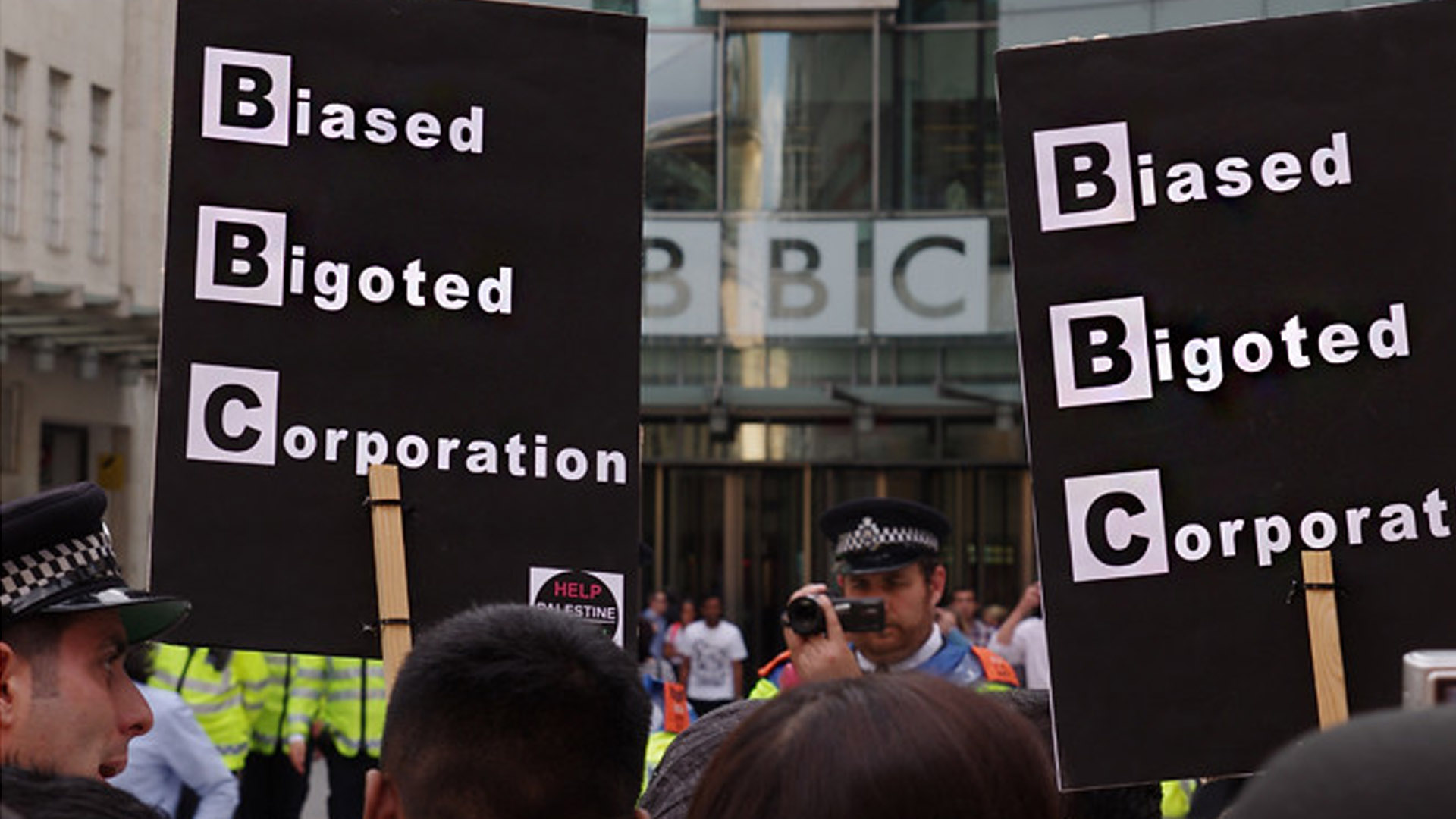
Elham Asaad Buaras
Sudan’s notorious paramilitary group, the Rapid Support Forces (RSF), has been accused of killing nearly 300 civilians in a series of coordinated attacks on villages in North Kordofan, according to a prominent Sudanese human rights organisation.
In a statement released on July 14, Emergency Lawyers said RSF fighters raided multiple villages around the town of Bara on July 12, committing what it described as “terrible massacres” that targeted civilians, including children and pregnant women. Entire villages were reportedly set ablaze, with many victims burned alive inside their homes.
In the village of Shag Alnom alone, the group claims more than 200 people were killed. “The victims were either burnt inside their homes or shot dead,” the lawyers said. In neighbouring villages, a further 38 people were reported killed, while dozens more have been forcibly disappeared.
On July 13, RSF units allegedly attacked the village of Hilat Hamid, killing at least 46 more civilians. Emergency Lawyers said the attacks showed “a complete disregard of international humanitarian law”, insisting that the targeted villages had no military presence or strategic value.
The RSF, led by Mohamed Hamdan Dagalo—widely known as Hemedti—has been battling the Sudanese Armed Forces for control of the country since civil war erupted in April 2023. While the army maintains control of central and eastern Sudan, the RSF has established a strong presence across the western regions, including Darfur and North Kordofan.
The violence in Bara marks one of the deadliest episodes of the conflict to date and adds to a mounting list of alleged atrocities committed by the RSF. The UNs’ International Organization for Migration (IOM) reported on 13 July, that the violence forced over 3,000 residents to flee Shag Alnom and nearby al-Kordi, with many seeking refuge in surrounding areas.
International condemnation has been mounting. The US and several human rights groups have previously accused the RSF of war crimes, crimes against humanity, and even genocide. The group has also faced accusations of widespread looting, forced displacement, and sexual violence in areas under its control.
Sudan’s conflict has triggered what the UN now calls the world’s largest humanitarian crisis. Over 40,000 people have been killed, 13 million displaced, and more than half of the population faces acute hunger. The country is also battling outbreaks of cholera and other diseases, exacerbated by the collapse of infrastructure and widespread targeting of hospitals and aid convoys.
The International Criminal Court (ICC) has recently expanded its investigation into war crimes in Sudan, particularly in West Darfur. In a briefing to the UN Security Council on July 10, ICC Deputy Prosecutor Nazhat Shameem Khan said her office had “reasonable grounds to believe that war crimes and crimes against humanity” are being committed in the region.
Khan said investigators had interviewed victims in refugee camps in neighbouring Chad, many of whom described harrowing scenes of starvation, rape, and abductions. “The depth of suffering has reached an intolerable state,” she warned, with sexual violence being used as a weapon of war and famine engulfing entire communities.
Map: North Kordofan, Sudan — where the Rapid Support Forces (RSF) have been accused of killing nearly 300 civilians in a series of coordinated attacks on villages across the region. (Credit: Wikimedia Commons)
Notice: This article is published exclusively online and does not appear in the page-flip edition


